Hilton Food Group, Europe’s leading specialist international meat packing business, this week confirmed its full year performance was in line with expectations. Group turnover last year was reported at just over £1bn.
The group, which employs 2,200, operates in two segments: Western Europe and Central Europe. It supplies the major international food retailers across Europe including Tesco, Ahold, and Coop Danmark.
The primary drivers of turnover growth in Western Europe were a healthy British business, a new production line in Denmark and new products in Holland. However, the group reports seeing continued weak demand in Ireland.
Group CEO Robert Watson said performance in the Irish market has been adversely affected by the macroeconomic weakness in the Irish economy. However, he believes like many that the worst is behind us. There is no doubt that the retail environment is continuing to change.
A recent five-year deal to supply packed fresh meat products to Tesco’s British stores from its Huntingdon facility is a large driver of this growth.
In 2013, the food group also moved outside Europe for the first time when it entered into a joint venture with Australia’s largest retailer, Woolworths. The company said Australia is attractive as a high red meat consumption market. The Group’s balance sheet remains strong, leaving it well positioned for future expansion and continued growth.
The company was established in 1994 to operate a beef and lamb central meat packing facility in Huntingdon, England. ABP was one of its major suppliers at one time.
Each of Hilton’s central meat packing plants is operated on a dedicated basis for Hilton customers. The business model has been adapted to meet local requirements with customers in each country. This has allowed the group to expand rapidly through a number of acquisitions throughout Europe.
Hilton Foods Ireland constitutes around 8% of the group’s operations according to Watson. The business, operational since 2006, employs 280 people in Drogheda. It sources all raw materials from suppliers across Ireland.
Watson said: “Although we export some products, our main customer is Tesco Ireland, to whom we supply a wide range of fresh red meat products.
“The model has proven successful and the main focus is to continue developing the business in line with the customer’s requirement”.
One year on from the horsemeat scandal, the head of the group commented that “although the horsemeat contamination issue predominantly affected ready meals and frozen products, which we do not supply, the spotlight has once again been thrown onto the meat supply chain”.
Asked how customers can be assured that this will not happen again, he said: “It is important that the entire food industry ensures that they are able to endorse all the claims that they make about their products”.
Larry Goodman’s ABP off-loaded its 6% stake, valued at an estimated €14m early last year. Although a significant profit on the investment was made, the share price has moved on significantly since. In the last year alone the share price rose over 60% to highs of 460p per share.
Supermarkets have focused on sales of private label goods, working with fewer suppliers, such as Hilton. Although beneficial for supermarkets for consistency of supply and price, it has implications for suppliers when these giants such as Tesco have poor trading periods. Tesco recently reported that group sales over Christmas declined by 2.4% in the UK.




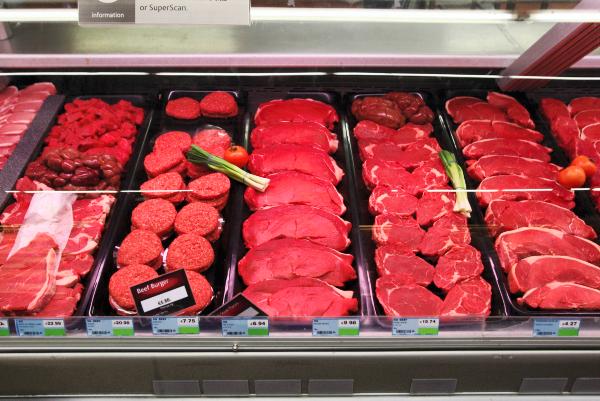
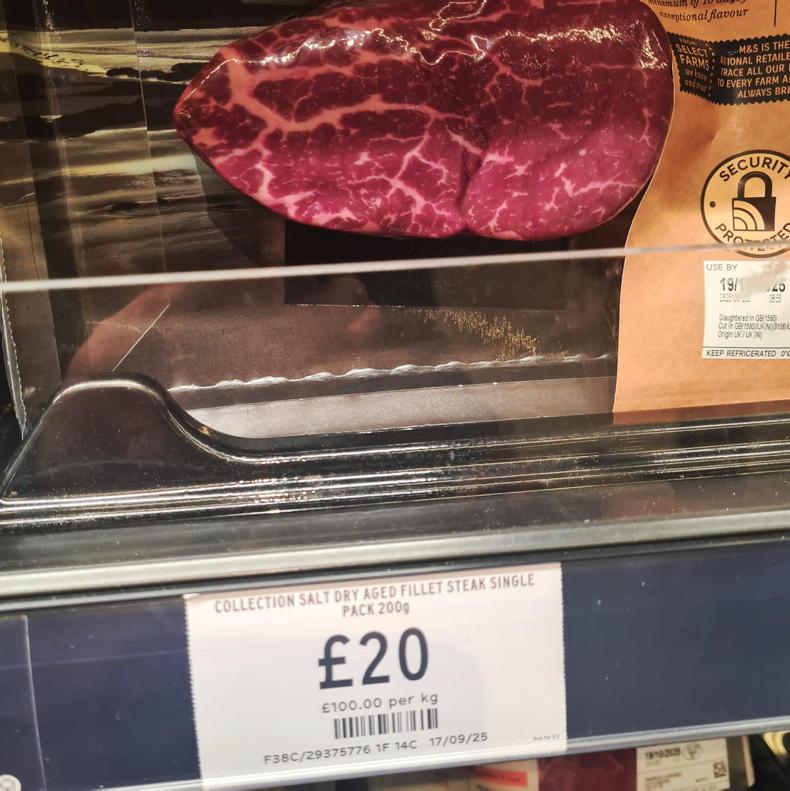

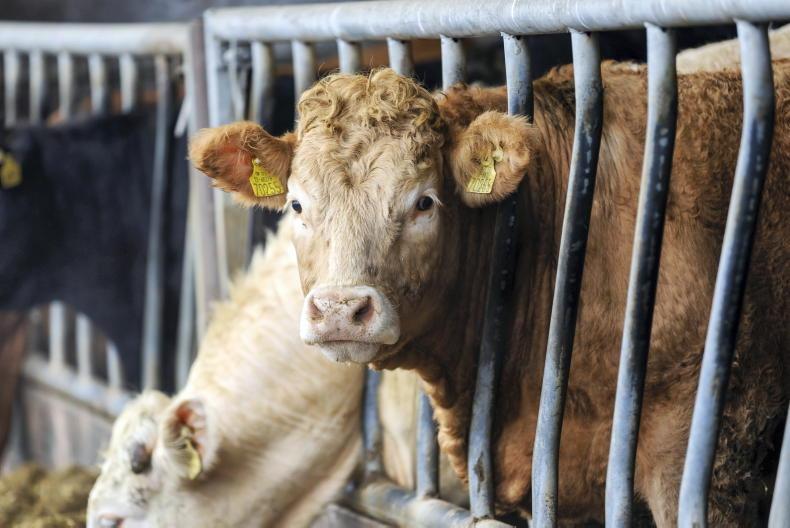
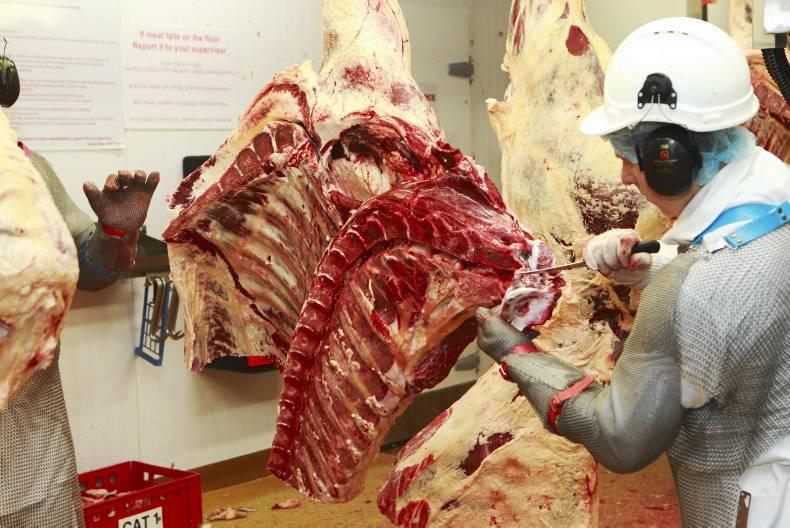
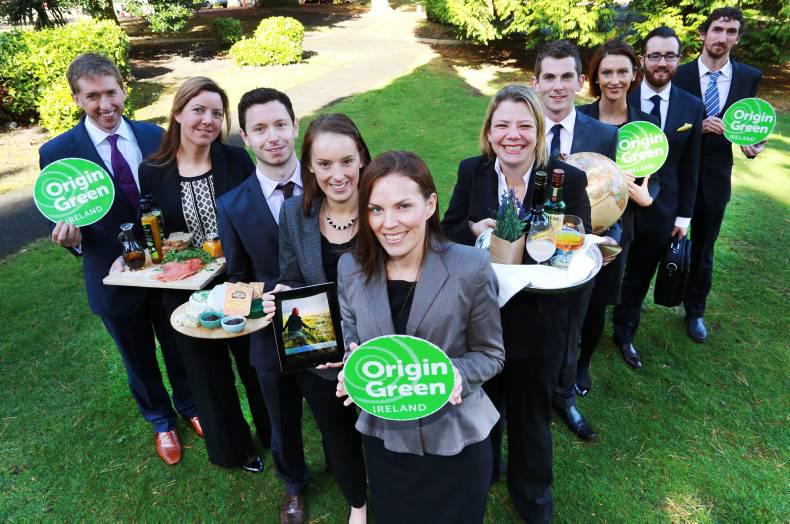
SHARING OPTIONS